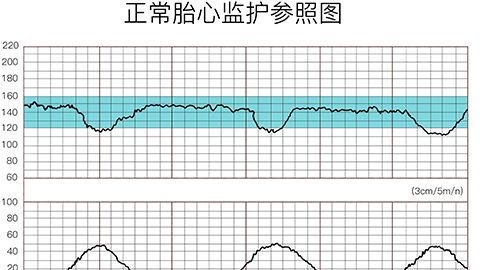Is 37 weeks too late for fetal heart monitoring?
It is generally not too late to perform fetal heart rate monitoring at 37 weeks. By this time, the fetus is full-term, and fetal heart monitoring can assess the fetus's capacity to tolerate the stress of labor. It is a routine examination in late pregnancy, and most pregnant women begin regular monitoring between 36 and 37 weeks. If abnormal results occur or if the mother has conditions such as hypertension or diabetes, prompt medical consultation is recommended.

At 37 weeks of gestation, the fetal organs are largely mature and delivery is approaching. Fetal heart rate monitoring evaluates changes in fetal heart rate to detect potential problems such as intrauterine hypoxia or fetal distress, helping determine the optimal timing for delivery. Performing the test at this stage allows timely detection of any abnormalities in the fetal condition.
For healthy pregnant women without complications, undergoing the first fetal heart rate monitoring between 36 and 37 weeks is considered normal. Earlier is not necessarily better, as performing the test too early may affect result accuracy due to factors like the fetal sleep cycle. Conducting the monitoring at 37 weeks effectively assesses fetal well-being while avoiding unnecessary tests, aligning with clinical guidelines.
Before the monitoring session, it's advisable to eat a light meal to prevent reduced fetal movement caused by fasting; empty the bladder about half an hour beforehand and maintain a comfortable position. If the fetus shows little activity during monitoring, gently stroking the abdomen or walking briefly may help stimulate fetal movement.






